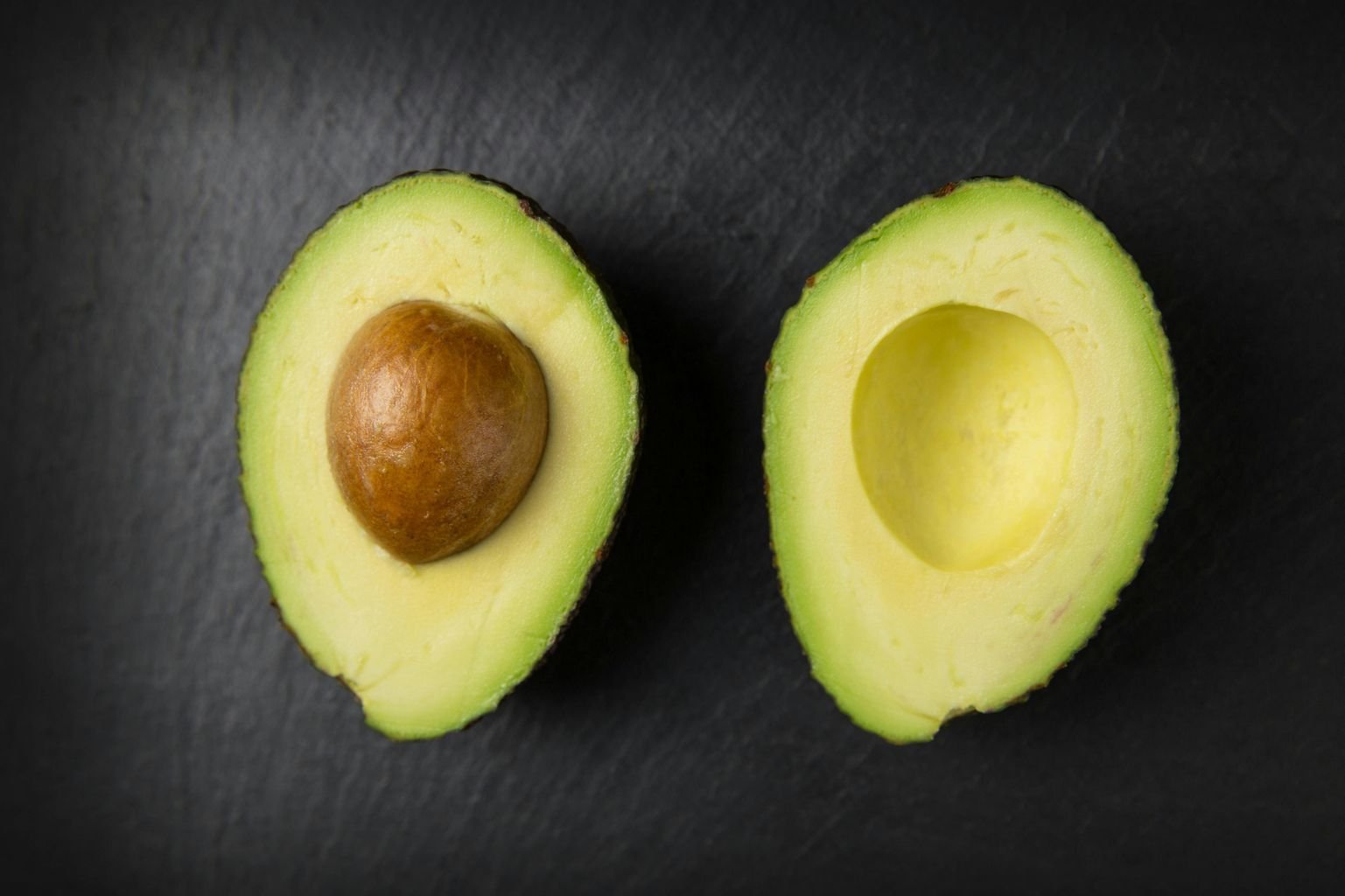The ketogenic diet, or keto, is a diet low in carbs and high in fat. It helps the body burn fat for energy. Many people have lost weight and improved their health on this diet.
This article looks at the keto diet’s benefits, its impact on weight loss, and what to consider before starting.
Understanding the Keto Diet
The keto diet focuses on eating more fat and fewer carbs to enter ketosis. In ketosis, the body uses fat for energy instead of carbs. This helps with weight loss and managing blood sugar levels.
It can also change the gut microbiome for the better. But, it may cause side effects like fatigue or stomach issues, known as keto flu. It’s key to manage carbs well and get health advice, mainly for those with heart disease or metabolic syndrome.
Benefits of Keto Diet for Weight Loss
The keto diet helps with weight loss in several ways. It reduces carb intake, leading to fat burning. The liver makes ketone bodies that help burn fat and improve glucose use.
It also lowers insulin levels, which can reduce hunger and cravings. This can lead to better blood sugar control and healthier lipid levels. The diet also improves gut health and heart health, lowering heart disease risk.
But, it’s important to watch out for side effects like nutrient deficiencies and liver issues, mainly for those with certain health conditions.
Mechanism of Fat Burning
Role of Ketosis
Ketosis happens when the body starts burning fat for energy instead of carbs. This leads to the production of ketone bodies. These can improve glucose metabolism and lower insulin resistance in obese individuals.
By using fat for energy, the body loses weight. Ketosis also improves lipid profiles and blood sugar levels. It can lead to a healthier balance of gut bacteria, which is linked to better health.
Impact on Insulin Levels
The keto diet lowers insulin levels by promoting ketosis. This reduces carb dependence and insulin secretion. In ketosis, the body uses fat for energy instead of glucose.
This is good for overweight people and those with diabetes, as it lowers HbA1c levels and insulin resistance. It also improves lipid profiles and heart health. The diet promotes beneficial gut bacteria and may lower blood pressure and metabolic syndrome risk.
Nutritional Benefits of Keto Diet
High-Fat Foods
High-fat foods like avocados, nuts, and olive oil are great for a ketogenic diet. They give important nutrients and help the heart by improving cholesterol. They also aid in weight loss by lowering insulin resistance.
Studies show that high-fat diets can cut down triglycerides and improve lipid profiles in obese people. Unlike low-fat diets, these foods make you feel full longer. This helps manage carb intake and stabilize blood sugar levels.
Feeling full longer means fewer cravings. This helps keep blood sugar levels stable, which is good for diabetes. The body burns fat for energy, producing ketone bodies like β-hydroxybutyrate. This helps with glucose metabolism and may help with epilepsy and Alzheimer’s disease.
Low-Carb Diets and Satiety
Low-carb diets, like the ketogenic diet, make you feel full longer than high-carb diets. They promote eating nutritious fats and proteins, which digest slowly. This supports the production of ketone bodies like β-hydroxybutyrate, helping control hunger hormones.
These diets increase satiety by focusing on fats and proteins. They also improve gut microbiota, with more beneficial bacteria and less harmful ones. Personal metabolism differences can affect how satisfied you feel on a low-carb diet.
For example, obese patients may see lower HbA1c levels and better lipid profiles. This leads to reduced insulin resistance and more effective weight loss. These benefits are not just about weight loss; they also improve blood pressure and heart health, which is good for diabetes or metabolic syndrome.
Metabolic Advantages of Keto Diet
Increased Energy Levels
The ketogenic diet boosts energy by using ketone bodies for fuel. By cutting down carbs, the body switches from glucose to ketones. This improves metabolism and keeps energy steady all day.
This energy boost helps with stamina and physical performance, mainly in obese individuals and those with diabetes. The body becomes more efficient at burning fat. Eating healthy fats and low-carb foods, like berries, supports gut health and balanced lipid profiles.
Enhanced Mental Clarity
The ketogenic diet improves mental clarity by changing how the brain gets energy. In ketosis, the body burns fat for energy, producing ketone bodies like β-hydroxybutyrate. These ketones provide steady energy for the brain, improving focus and cognitive function.
This is better than glucose from high-carb foods, which can cause energy spikes and drops. Ketones keep energy levels stable. This is good for managing diabetes, reducing insulin resistance, and lowering HbA1c levels. The diet also improves gut microbiota, supporting brain health.
Healthy fats in foods like berries support brain function. Improved lipid profiles and reduced triglycerides from low-carb diets promote heart health, which is linked to cognitive performance. The keto diet offers health benefits that enhance mental clarity through increased ketone production and stable energy supply.
Comparative Analysis with Other Diets
Keto vs. Low-Carb Diets
The ketogenic diet has a lot more fat and very little carbs compared to low-carb diets. This strict diet helps the body burn fat for energy instead of carbs. People on the keto diet often see better glucose control and lower HbA1c levels, which helps with diabetes.
Studies show that the keto diet can lead to more weight loss. It also improves lipid profiles and supports the gut microbiome. This is because it promotes good bacteria and reduces harmful ones.
Keto vs. Traditional Diet Plans
The keto diet is high in fat and low in carbs, unlike regular diets. Regular diets have more carbs, around 45-65% of total calories. The keto diet helps the body use ketone bodies for energy instead of glucose.
This change can help people with obesity lose weight and improve insulin sensitivity. It also lowers HbA1c levels and reduces insulin resistance. The keto diet can improve gut health and lipid profiles, reducing triglycerides and blood pressure.
Regular diets focus on calorie reduction but don’t change macronutrient ratios as much. This can lead to less health improvement. Keto diets can cause side effects like fatigue and lower exercise tolerance. They also limit food choices, making it hard to stick to long-term.
Long-Term Sustainability of Keto Diet
Following the ketogenic diet long-term can be challenging. It limits carbs, which may lead to nutritional deficiencies. It also restricts many foods, affecting dietary preferences and making it hard to stick to.
The keto diet promotes ketosis, helping with weight loss and insulin resistance. It improves blood sugar control and is beneficial for diabetes management. Yet, it’s important to maintain a balanced diet. Adding healthy fats and some carbs from low-carb fruits can be beneficial.
Incorporating a variety of nutrients supports gut health. Monitoring blood pressure and cholesterol levels helps manage side effects and supports heart health.
Tips for Starting a Keto Diet
1. Choose Healthy Fats
A ketogenic diet benefits from healthy fats that improve heart health. Include avocados, nuts, seeds, and olive oil in your diet. These fats help regulate cholesterol and lower triglycerides.
Choose whole, unprocessed foods and avoid refined oils and artificial additives. Adding healthy fats to your meals can nourish your gut microbiota. It also supports glucose metabolism, which is good for obese patients with diabetes.
Healthy fats provide energy for ketosis, aiding in weight loss. They also reduce insulin levels and HbA1c in people with metabolic syndrome. This diet may also support brain health and manage epilepsy.
2. Monitor Carbohydrate Intake
Tracking carbs on a keto diet is easy with food diaries or apps. A diary shows your carb intake and helps spot where you go over your limit. It’s also great for those with diabetes or insulin resistance.
Finding hidden carbs and resisting high-carb foods can be tough. Plan your meals to include low-carb, nutrient-rich foods like berries and veggies. This helps keep your gut healthy and supports fat loss.
Knowing the diet’s side effects, like blood pressure changes, keeps you committed. It can lead to better health, like improved cholesterol and protection against diseases.
3. Stay Hydrated
Drinking enough water is key to a keto diet’s success. It helps your body use glucose and makes ketones for energy. Drinking water also keeps your gut microbiota balanced, which is good for your health.
Drink water and eat low-carb foods like berries to stay hydrated. Herbal teas or lemon water can also help. Staying hydrated can reduce side effects like fatigue and headaches.
Hydration boosts weight loss and heart health in the early keto diet stages. It helps manage discomfort and supports overall health.
4. Incorporate Physical Activity
Activities like walking, cycling, and swimming help with weight loss on a keto diet. Mix aerobic and strength training for better health and glucose use. Aim for 150 minutes of exercise a week.
Exercise keeps energy levels up and improves mental focus on a keto diet. It helps your body use fat for energy, which is good for health. It also lowers HbA1c levels and improves insulin sensitivity.
Exercise can also improve your gut health by balancing bacteria. This supports heart health and lowers triglycerides. So, moving more supports fat burning and overall well-being.
5. Track Your Progress
Tracking your food helps you stick to the keto diet. It shows if you’re in ketosis, which helps with diabetes and weight loss.
Log your food, exercise, and progress like weight and measurements. Use apps or a food scale for tracking. Seeing changes in blood sugar and HbA1c levels helps with diabetes management. It also shows if you’re burning fat well.
Tracking gut microbiota changes is also important. It can show if you’re getting healthier.
FAQ
How does the keto diet help in weight loss?
The keto diet helps you lose weight by cutting carbs. This makes your body burn fat for energy. Eat high-fat foods like avocados and nuts, and avoid sugars and grains. This puts your body in ketosis, boosting fat burning and appetite control.
What are the key benefits of using a keto diet for losing weight?
The keto diet promotes fat burning and reduces hunger. It also helps keep blood sugar stable. Eating low-carb foods like eggs and avocados is key. Adding healthy fats like olive oil is also important.
Using meal prep helps avoid high-carb foods. This makes it easier to stay on track with your weight loss goals.
Can the keto diet help reduce cravings and hunger?
Yes, the keto diet can help with cravings and hunger. Eating foods high in fat, like avocados and nuts, helps keep blood sugar stable. This leads to less hunger.
Drinking plenty of water and eating enough protein can also help control cravings.
Is it safe to follow a keto diet for long-term weight loss?
Yes, a keto diet can be safe for long-term use if done right. Eat whole foods like leafy greens, fatty fish, and avocados. Always check your health and talk to a doctor.
Make sure you get all the nutrients you need to avoid deficiencies.
What types of foods should I focus on while on a keto diet for weight loss?
Focus on foods high in fat and low in carbs. Avocados, nuts, seeds, olive oil, fatty fish, and meats are good choices. Also, include low-carb veggies like spinach, broccoli, and zucchini.
Avoid foods high in sugar, grains, and starches. This will help you lose weight on a keto diet.





